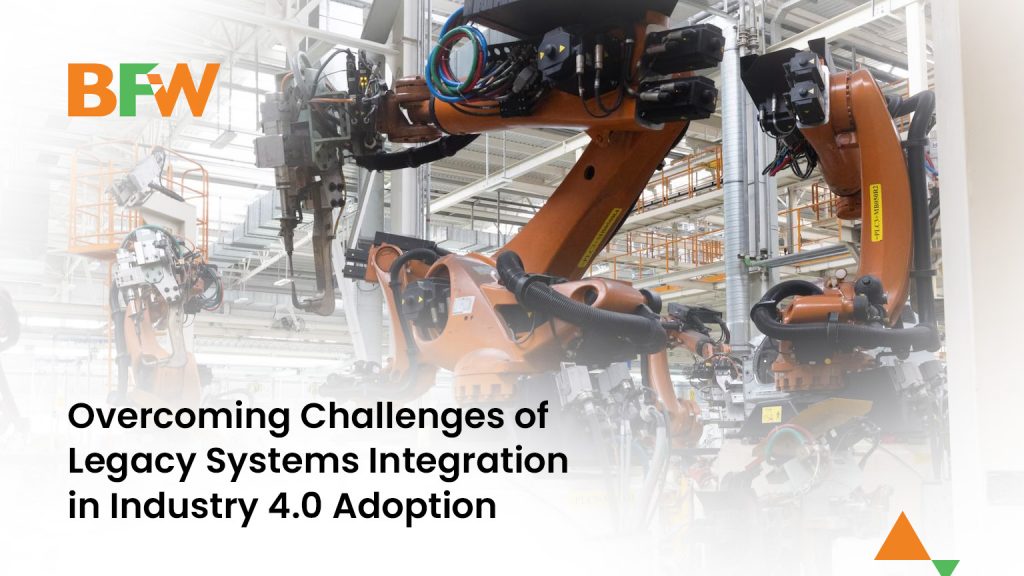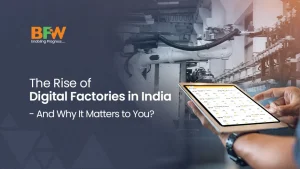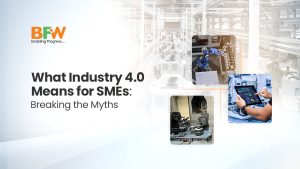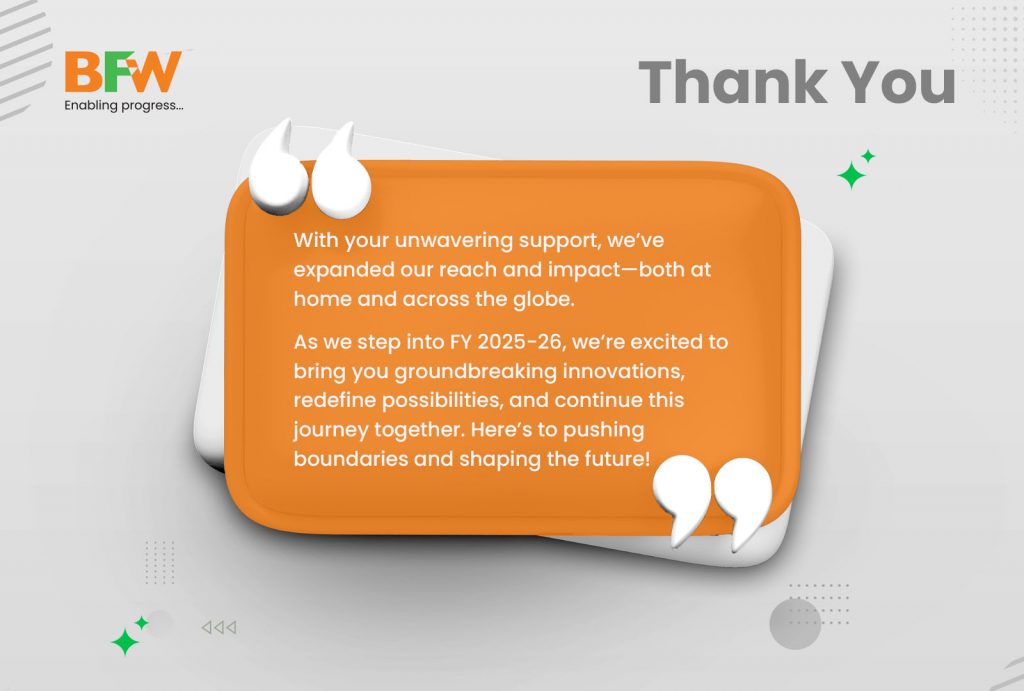The adoption of Industry 4.0 in manufacturing companies marks a shift towards smart factories. Smart manufacturing brings together machines, humans, advanced technology and innovation leading to increased efficiency, precision, productivity, speed, and safety, among other advantages.
However, overcoming legacy manufacturing systems is easier said than done. Incorporating Industry 4.0 into legacy systems poses many challenges. In this blog, we deepdive into some of the key challenges and explore strategies that manufacturing companies can employ to overcome them.
Legacy systems vs Industry 4.0 in manufacturing companies
Legacy systems refer to age-old processes, software or hardware that some manufacturing companies continue to use for production. Even though these systems have been refined and fine-tuned over the years, they may lack certain aspects, such as flexibility, speed, accuracy, and interconnectedness among other shortcomings.
Industry 4.0 includes technologies such as cyber-physical systems (CPS), real-time monitoring and control, big data, Internet of Things (IoT), Artificial Intelligence (AI), analytics, Machine Learning (ML), Augmented Reality (AR), Virtual reality (VR), Cloud Computing, predictive analytics, among others. The integration of these technologies to manufacturing processes leads to benefits, such as increased efficiency, productivity, accuracy, flexibility, safety, and speed.
Integrating Industry 4.0 into Legacy Systems: Challenges and Solutions
Companies across industries have been adopting Digital Transformation at various levels. However, the success rate and returns from digital transformation have been imbalanced. This disparity is due to the inherent challenges of transitioning to Industry 4.0. Let’s explore a few of those challenges and solutions.
1. Integrating old and new systems
Legacy systems often function with outdated IT infrastructure. These systems may not be compatible with Industry 4.0 technologies and new software, such as smart sensors, augmented reality, etc. The transition from legacy to Industry 4.0 may be time-consuming and require a lot of effort leading to potential disruptions in production.
However, a thorough audit of existing systems can help identify gaps. Manufacturing companies must analyze their current systems across departments, such as R&D, design, procurement, production, and testing, among others. Retrofitting becomes easier, once there is a thorough understanding of the implications of introducing Industry 4.0 technology across departments.
2. Connecting isolated data sources
Smart factories function on interconnectivity through smart sensors, internet connectivity, IIoT, AI, AR, automation, etc., which help share and evaluate data from various sources on the shop floor. Legacy manufacturing systems may have old machinery that may not be compatible with these new technologies.
Manufacturers can overcome legacy systems by replacing old machines with new, advanced machinery that supports Industry 4.0 technologies. Investing in middleware solutions can bridge the gap between old and new technologies. Integrating software to connect various processes through data sharing and cloud computing can also help connect data.
3. Skills gap and training
The workforce operating legacy systems may not have the required skills to operate digital systems integrated into machines. Shop floor operators and supervisors too may need to be trained and upskilled to be able to operate the new and refined production processes.
Manufacturing companies can overcome these skills gap challenges by training the existing workforce. Moreover, companies may also need to make the workforce understand the need for a change in systems and processes and highlight the benefits such as enhanced job roles and opportunities for upskilling. Training could be a combination of classroom and shop floor for it to be more effective. Additionally, companies may need to recruit more skilled workforce, including software engineers, data analysts, among others.
4. High cost and resource requirement
Changing from legacy systems to Industry 4.0 can require a good amount of initial investments, such as buying new machinery, customizing machines, and making systems compatible with Industry 4.0 technologies. Another challenge could be training the workforce without disrupting the ongoing production operations.
When it comes to cost, management buy-in is the first obstacle to overcome. However, companies may have limited budgets for IT infrastructure. In such scenarios, manufacturing companies can adopt pilot projects to test and refine integration or a minimum viable product (MVP) approach—introduce transitions with shorter lead times. MVP can make the Industry 4.0 transformation more agile and responsive. Alternatively a pilot batch “Proof Of Concept” demonstration can also aid in faster decision making as results would be visible.
5. Scalability limitations
The integration of Industry 4.0 in manufacturing companies is not limited to the factory floor. Inter departmental dependencies have to be understood as the new and advanced processes come into picture. For instance, the design department, Production Planning, Sourcing & HR teams, require a sense of the new processes and requirements to collaborate and work in sync.
Industry 4.0 transformation could face roadblocks and remain slow if different departments lack understanding or support. This can hinder the organization’s ability to adapt and transition quickly.
6. Technology roadblocks
Transforming manufacturing processes to Industry 4.0 requires a good amount of investment and thorough knowledge and skill. Finding a reliable Industry 4.0 partner is one of the most critical factors to successfully overcoming legacy systems. This is also a familiar hurdle, specifically in some countries such as India, where digital transformation in manufacturing has been relatively late and slow.
However, manufacturing companies can overcome this challenge by finding reliable and reputed machining solutions companies and integration specialists, or experienced consultants in managing transitions that offer Industry 4.0 solutions. Collaborating with digital partners that offer end-to-end solutions, customization, training, efficient post-delivery customer support, and efficient maintenance support is critical.
Overcoming legacy systems with Industry 4.0
For manufacturing businesses looking to scale, be competitive and grow, it is critical to transform from legacy systems to Industry 4.0. Seize business opportunities by gaining an edge over competition with innovative technology and innovation.
If you’re a manufacturing company looking to partner with an Industry 4.0 machining solutions provider, contact our teams at Bharat Fritz Werner and m2nxt.










